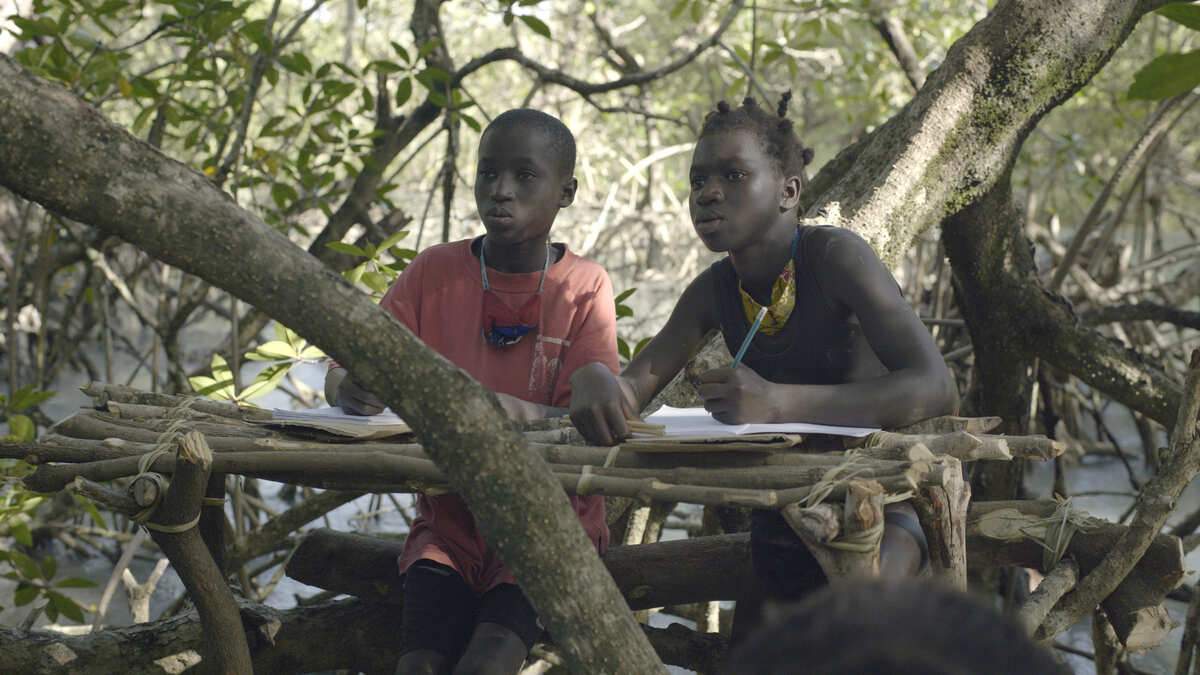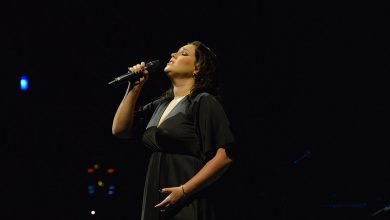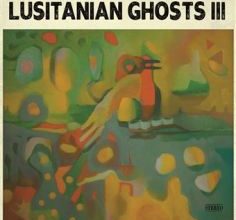Mostra portrays the trip of Filipa César and Sónia Vaz Borges to Guinea-Bissau and reveals the anti-colonial struggle that went through schools
Curated by professors Daniel Ribas and Nuno Crespo, the exhibition can be visited until October 8th in the Exhibition Room of the Escola das Artes of the Catholic University in Porto. This will be the last opportunity to watch the work of the two directors live.
What are the conditions for students in the mangrove guerrilla schools? The exhibition “Leitura do Mangue”, by Filipa César and Sónia Vaz Borges, answers this question. On a trip to Guinea-Bissau, the filmmakers themselves became students at one of the schools and their experiences and learning over that period is now portrayed in the exhibition. The approach to the exhibition is based on an in-depth investigation into the militant educational system developed by the African Party for the Independence of Guinea-Bissau and Cape Verde (PAIGC) during the liberation process, an armed struggle that lasted 11 years ( 1963-74) against the Portuguese colonial occupation and a recurrent interest in the imagery of the tarafe – Creole word for mangrove. The mangrove is a natural aerial architecture, where memory still floats through its networks of roots and the breath of the tides oxygenates a knowledge of resistance in a condition of resistance to knowledge. Here, we enter an imaginary of the intertwining of several converging dimensions: the rhizome epistemology, the concepts of militant and political education, the teachings of the Malafo community inhabitants, the nomadic archives and the agronomic/botanical notions of mangrove engineering.
“Leitura do Mangue is a map of conversation and a cinematic journey resulting from a collective effort to talk about the nature of the rhizome and its resilience. The mangrove school is not a metaphor for a theory of resistance, but rather the materialist organism of sharing and producing knowledge that evolved from an anti-colonial struggle and takes the mangrove ecosystem itself as a place of permanent struggle – rooting vs. detachment of roots, learning vs unlearning. The militant agropoetic condition is a latent reality”, explain Filipa César and Sónia Vaz Borges.
The exhibition “Leitura do Mangue” will be on display until October 8 at the School of Arts of the Catholic University in Porto, with the support of the Portuguese Republic – Culture / General Directorate of Arts, Calouste Gulbenkian Foundation, Haus der Kulturen der Welt, from the Harun Farocki Institute, from the “la Caixa” Foundation, and from the Porto City Council (CriatóRIO Artistic Programming Support Program).






